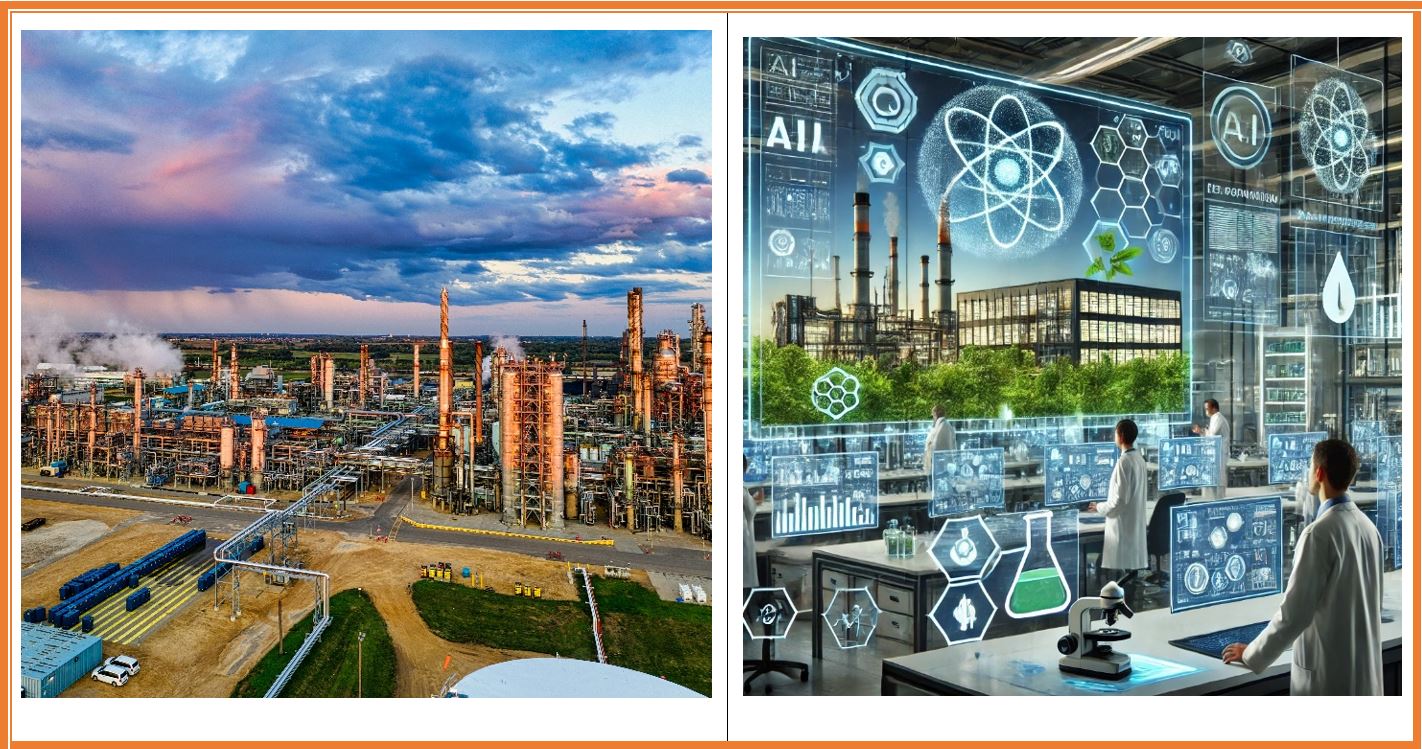Why Chemical Engineering is more Relevant than Ever?
Chemical engineering is at the forefront of solving some of the world’s biggest challenges. From tackling climate change to developing breakthrough pharmaceuticals and revolutionizing industrial processes, chemical engineers are leading innovation. The future of this field is evolving rapidly, blending traditional principles with cutting-edge advancements in sustainability, digitalization, and artificial intelligence (AI).
Sustainability: A New Era of Green Engineering
The global shift toward sustainability is transforming industries, and chemical engineers are playing a key role in developing green and energy-efficient solutions. With increasing environmental concerns, companies and governments are investing in:
- Green Chemistry: Designing chemical processes that minimize waste and reduce harmful byproducts.
- Carbon Capture & Utilization (CCU): Developing technologies to capture CO2 emissions and convert them into useful products.
- Biodegradable Materials & Circular Economy: Creating sustainable alternatives to plastics and promoting waste-to-resource strategies.
- Hydrogen Economy & Renewable Energy: Engineering novel solutions for clean fuel and energy storage.
Digitalization: Chemical Engineering in the Industry 4.0 Era
The integration of digital tools in chemical engineering is shaping the future of manufacturing and research. With Industry 4.0, chemical engineers are embracing technologies such as:
- Process Simulation & Modeling: Software like Aspen Plus, DWSIM, and COMSOL Multiphysics allow engineers to optimize processes before real-world implementation.
- Artificial Intelligence & Machine Learning: AI-powered predictive analytics help improve efficiency, safety, and decision-making in chemical plants.
- Industrial Internet of Things (IIoT): Smart sensors and automation are revolutionizing real-time monitoring and control in chemical processing.
- Big Data & Cloud Computing: Managing and analyzing massive datasets to enhance chemical process optimization and risk assessment.
Expanding Career Horizons: What Can You Do with a Chemical Engineering Degree?
The skills chemical engineers acquire—problem-solving, data analysis, and interdisciplinary knowledge—open doors to diverse career opportunities. Some of the fastest-growing career paths include:
- Sustainable Process Engineer (Green energy, biorefineries, carbon capture projects)
- AI & Data Science Specialist (Applying machine learning in chemical processes)
- Process Automation Engineer (Implementing smart manufacturing solutions)
- Pharmaceutical & Biotech Engineer (Developing new drugs and bioprocessing techniques)
- Water & Environmental Engineer (Addressing global water scarcity and pollution control)
The Power of Software Skills in Chemical Engineering
Modern chemical engineers are expected to be proficient in computational tools alongside core engineering concepts. Students should explore courses and software like:
- MATLAB & Python (Data science, numerical computing, and AI applications)
- Aspen Plus & DWSIM (Process simulation and optimization)
- COMSOL Multiphysics (Multiphysics modeling for heat and mass transfer)
- CFD & FEA Software (Fluid dynamics and structural analysis for chemical processes)
Why Choose Chemical Engineering?
- High Employability: Chemical engineers are in demand across multiple industries including energy, pharmaceuticals, food, and IT.
- Interdisciplinary Learning: The field combines physics, chemistry, mathematics, and software applications.
- Global Impact: Engineers are addressing pressing global challenges such as climate change and resource sustainability.
- Innovation & Entrepreneurship: Opportunities to develop new materials, processes, and startups in emerging fields like nanotechnology and bioengineering.
Final Thoughts
The future of chemical engineering is dynamic, digital, and sustainable. Whether you aspire to innovate in green technologies, leverage AI in industrial processes, or explore the limitless potential of process simulation, this field offers endless opportunities for creativity and impact.
Are you ready to be part of this exciting future? Join the chemical engineering revolution today!
Dr. Ganesh S. Bajad,
Institute of Advanced Research,
The University for Innovation, Gandhinagar






